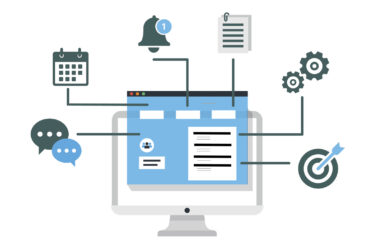Breaking Down The Language Barrier: Creating a Place of Comfort and Trust
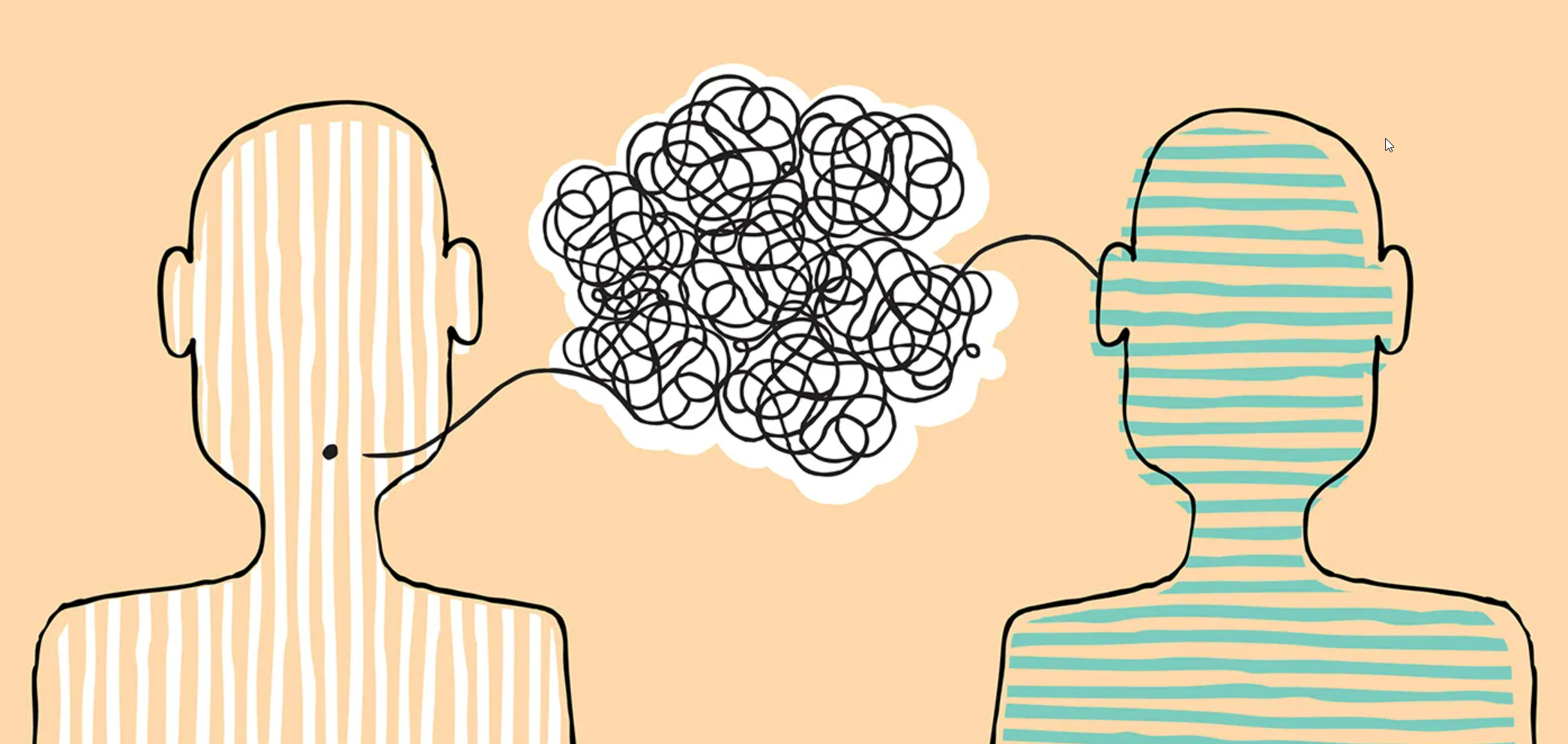

While the pandemic put a dent on travel due to restrictions, the number of people forced to leave their home due to conflict, persecution, grinding poverty, and climate emergencies has risen to record highs.
In 2021, immigrants and refugees coming to the United States arrived from over fifty countries, with the vast majority coming from the Democratic Republic of the Congo, Syria, Afghanistan, Ukraine, and Myanmar, Sudan, Iraq, El Salvador, Eritrea, Iran, Somalia, Pakistan, Bhutan and the Democratic Republic of the Congo amongst other countries.
Immigrants and refugees arrive in the United States with no funds, no network of support, and lack the language and cultural knowledge to successfully navigate a new place. While state and local programs such as Temporary Assistance for Needy Families (TANF), along with community-based efforts play a critical role in helping these individuals get to a place of self-sufficiency and be more confident in their new lives, the language barrier can be great and derail the best of efforts.
Prioritizing Their Voices
TuaPath’s technology solution prioritizes the voices of immigrant and refugee families by allowing the participant to engage with the program in their preferred language.
Participants are able to problem solve and communicate their thoughts and ideas effectively in their own language. The resulting increased level of trust and comfort helps to improve the quality of collaboration and problem solving to achieve greater employment and self-sufficiency outcomes.
How does TuaPath help to break down the language barrier?
Participants in creating their TuaPath accounts select their preferred language and then as they navigate the system everything including the software’s interface, their personalized dashboard, instructions, assessments, forms, goal setting tools, support resources, and work participation hours tracking are displayed in their preferred language.
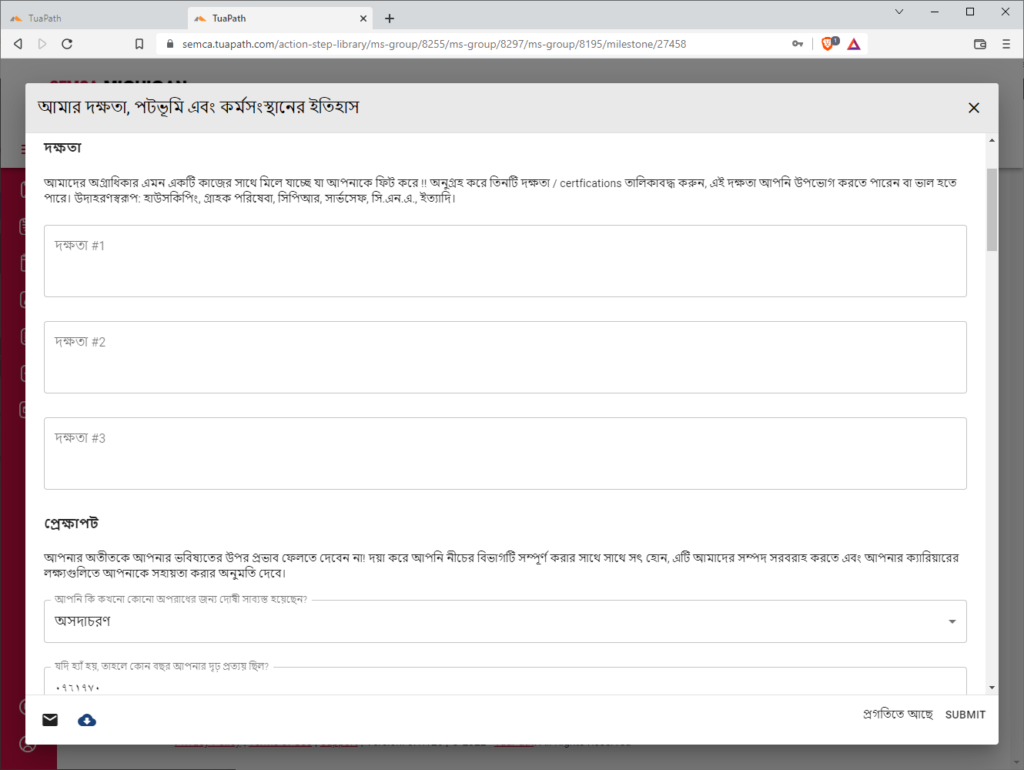
While case managers may still want to review with the participant with task at hand or what is required when completing the paperwork, when it comes time for the participant to actually complete the task, the instructions, and the form itself is in the participant’s language. Participants as a result have more confidence in completing the task and communicating with accuracy. And participants are also able to enter information into TuaPath in their preferred language which furthers TuaPath’s ease of use, and it removes language as a barrier to progress which helps to create a more comfortable and accommodating process that ultimately results in a positive outcome.
English Translation for Case Managers
Many areas that are seeing an influx in refugees do not have staff that are fluent in the languages spoken. They rely on translation applications accessible on their smart phone or third-party interpreting services to communicate with refugees. In working with one Michigan Works! agency to pilot TuaPath’s new Multilingual functionality, we learned that while a few case managers were able to converse with the immigrant and refugee population in their native language, they were not proficient in reading and writing it.
To address the issues, TuaPath leverages Microsoft’s Translator service to translate what was entered by the participant into English on-the-fly and then displays the results side-by-side the actual entry. The case manager sees exactly what was entered by the participant and the translation, so if there are any discrepancies, everyone can see what was entered and if needed, make the necessary changes.
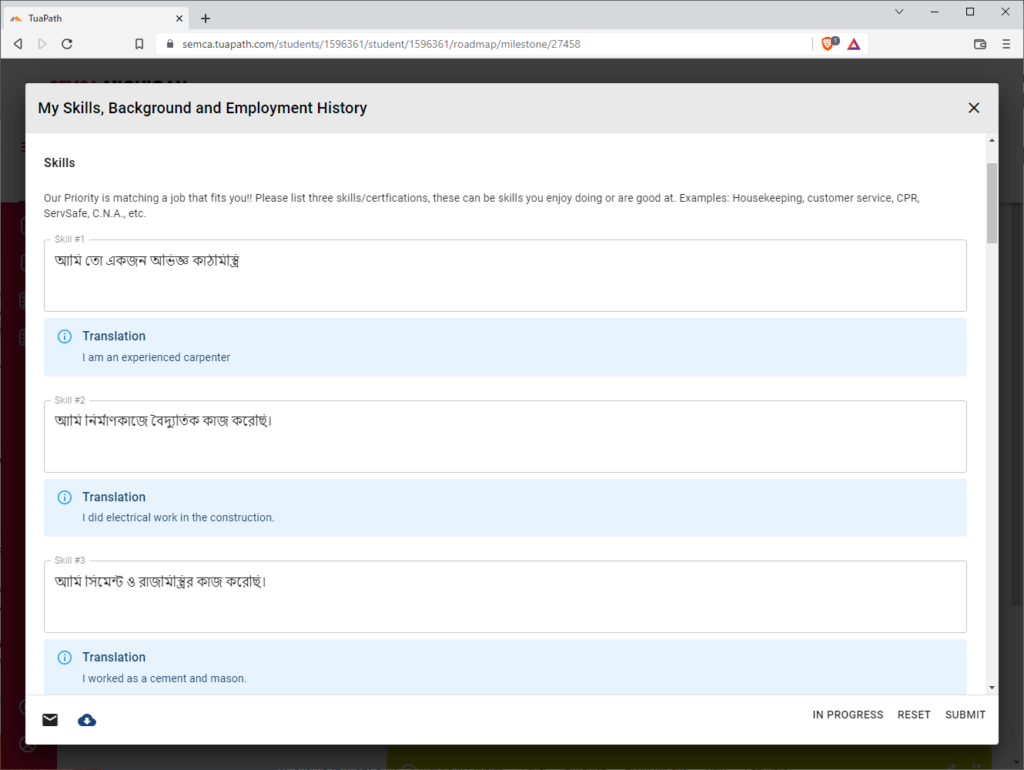
Language Equals Comfort, Comfort Equals Success
They say language can separate people or bring them together. We believe that language equals comfort and comfort equals success and that TuaPath is a valuable tool in helping immigrant and refugee families engage with your programs and their case managers, building trust and comfort in their ability to navigate our culture and its requirements, and in achieving their self-sufficiency goals so they can thrive in the communities where they live.
To request a free demo or free consultation to see if TuaPath is a fit for your program, contact us today!
